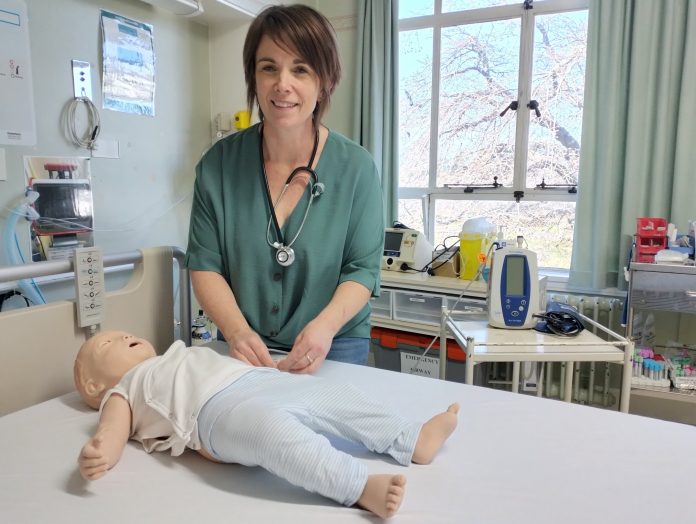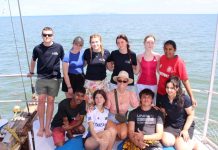
After more than 20 years nursing in Ashburton, Karly Smith believes there is a gap in rural nurse education to be filled.
She has joined the Otago University – Otakou Whakaihu Waka Rural Health Academic Centre Ashburton (RHACA) as a lecturer, developing a rural nursing education programme.
The programme will offer specialist knowledge nurses need to support rural communities.
Components will parallel rural hospital training pathways for doctors. It will recognise the sometimes ‘‘isolating experience’’ and lack of infrastructure some of these nurses’ experience.
Smith is engaging with stakeholders about what the programme will specifically offer. She envisions it will include shorter courses providing a range of study options, reflecting the breadth of skills required.
“The advantage of creating this programme is that rural nursing would be seen as a specialty in itself, much like a cardiac nurse,’’ Smith said in a statement.
‘‘It will elevate the status of this demanding role, which requires a significant breadth of knowledge.’’
RHACA director Dr Chris Hill welcomed the development.
“Rural medicine has benefited greatly from the work done by the team at RHACA, bringing relevant research and education from rural practitioners into focus,’’ Hill said.
“It is great to be able to now shine a light on the research and education needs of rural nursing. Karly has a unique opportunity to grow a programme designed from within which focuses on the rural context of delivering care.”
Smith’s lecturer position is supported by funding from Advance Ashburton and the Mackenzie Charitable Foundation.
Advance Ashburton chair Mary Ross said nursing was such an integral part of any health system.
‘‘Rural nursing is unique in that it requires its own special skills, personal ability and individual empathy,’’ Ross said.
“To have Karly accept this role and endeavour to meet the goals of the position is a great step for the health of rural New Zealanders.”
Smith’s role will also include helping to manage RHACA’s simulation suite. It uses medical manikins (adult, child, and baby) to run highly realistic training courses for rural health professionals throughout New Zealand.
“While students are anxious about engaging in simulation learning, they also love it,’’ Smith said.
‘‘It provides them with the confidence that they need when they encounter similar realworld situations.’’
Ultimately, Smith would love to see more simulation courses with an interdisciplinary element, allowing nurses, doctors, and allied health professionals to learn in a team.



